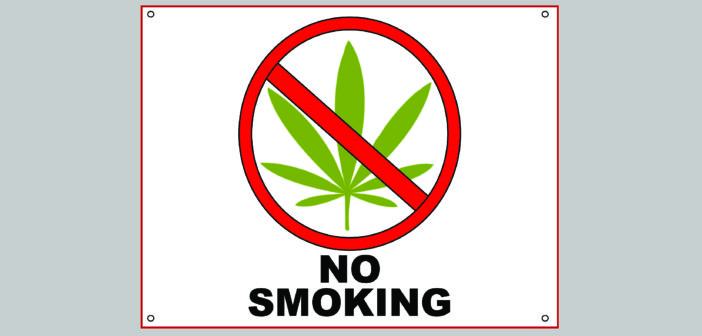Thanks to the efforts of Gov. J.B. Pritzker, recreational marijuana is now legal in the state of Illinois. But for the students of NCC, possessing any pot on campus is not a good idea. The college campus still does not allow the use of illicit drugs. Since marijuana is still illegal on the federal level, it is still an illicit drug.
NCC receives federal funding. Breaking the federal law, according to Dean of Students Kevin McCarthy, is a risk no college wants to take. “It would be unbelievably detrimental to the college. We’d maybe have to close doors and stuff like that if we lost financial aid,” said McCarthy.
However, there is no guarantee that following state law and allowing marijuana on campus would result in a loss of federal funding.
Those who violate campus marijuana policies face consequences. According to Campus Safety Director Ashley Klco, “A violation of the drug policy may result in counseling assessments, educational projects, community service, campus engagement, reprimand, restitution, residence hall removal, suspension, probation or dismissal. There are standard sanctions that include fines and parental notifications.”
Students who are found with marijuana will also be expected to dispose of the substance. Instructors will help with the process, covering the substance in vinegar, bagging it and throwing it in the dumpster. Other consequences would depend on the number of violations.
Disciplinary Action
First and second violations for marijuana on campus grounds would result in meeting with a hall monitor or an administrator. A third violation may result in a meeting with the director of residence life and the possible removal from the residence hall. A fourth violation, while rare, could possibly result in suspension or dismissal from the school itself.
The highest discipline allowed to the school is the ability to send a student to a hearing panel if a student is found in a high possession of illegal substances, marijuana or otherwise. The campus used to call the police for marijuana possession. Now, they will only do so if the threat of drug distribution is present.
“As a Peer Health Educator on campus, I feel like the school’s drug policies are reasonable if it means keeping people safe on campus,” said Jason Medrano, ’22.
“From the college’s perspective, not much has changed,” said McCarthy. The only difference is that it remains consistent after the state of Illinois itself legalized cannabis. The school itself still has the same rules with the same consequences.

